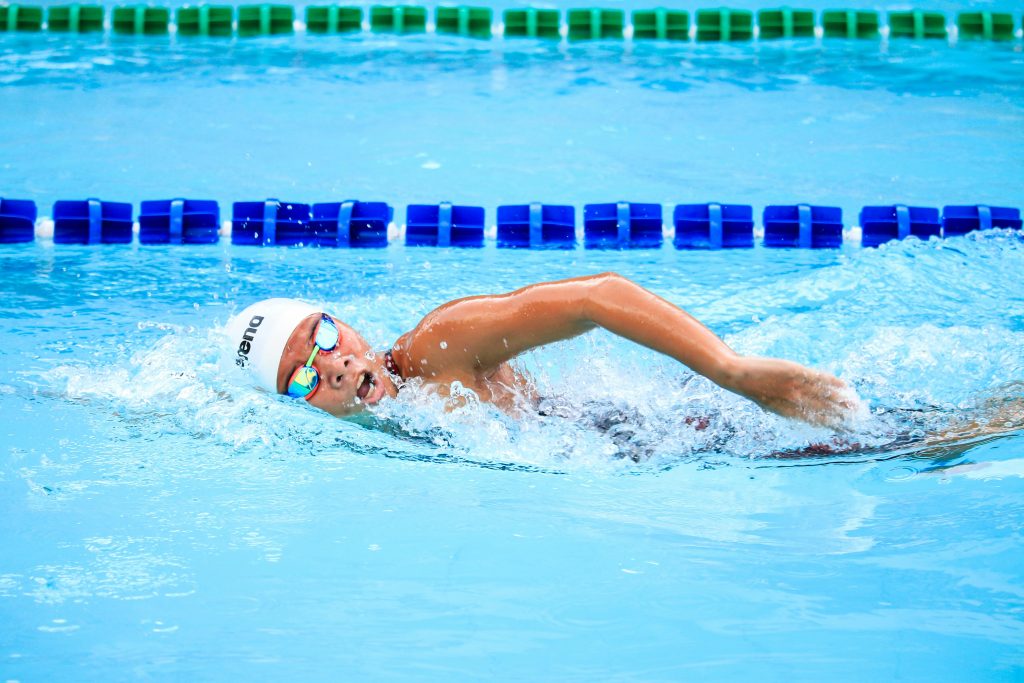All fields are required
Posted in E. coli,Our Blog on June 28, 2024

There’s Ecoli in that water! An open water swimmer has said she hopes Olympics organizers have “a Plan B” after concerns were raised over the water quality in Paris.
Somerset athlete Leah Crisp, 22, said swimmers are concerned about the race going ahead after testing of the River Seine revealed “alarming” levels of E. coli. “We’re doing everything we can to plan for all eventualities,” Ms. Crisp said, who has been vaccinated for Typhoid and Hepatitis. Paris 2024 president Tony Estanguet said contingency plans are in place, including delaying the event until later in the Games. Organizers are also investing £1.2bn (1.4bn euros) on “making the river safe”. Ms. Crisp was “over the moon” when she qualified for the GB squad, who are heading to France next month. Surfrider Foundation Europe said 14 water samples failed to meet safety standards. The samples were taken from a section of the river where the triathlon, marathon swimming and para-triathlon events are due to take place. “In open water there is always a little bit of uncertainty, but you just have to trust that what they do will work,” she said. Ms. Crisp said to avoid any “worry” she is “planning as if everything’s perfect”. “This is an incredibly important race for so many people,” she said. “A lot of athletes would like for there to be a Plan B, so hopefully there is something going on in the background that we don’t know about. “We just have to hope that on the day everything works out OK.” Organizers are investing billions of pounds on a regeneration project to make the Seine safe to swim in, including a rainwater storage basin to reduce the risks of pollution. The water will also be tested every day during the Olympics.
E. coli is a bacteria that everyone has inside their body and although people don’t like to think about it, people often will have small amounts of E. coli on their skin as well. People typically have about 0.14 grams of poop (about the same amount as a few grains of sand) on their bodies at any given time. Just how not washing your hands can spread germs that make someone sick, not washing your body before taking a swim can lead to shedding the bacteria into the water. The more unwashed swimmers in the pool, the more bacteria that can spread. You can get recreational water illnesses by swallowing, having contact with, or breathing in mists or aerosols from water contaminated with germs.You might think you don’t swallow pool water, but you probably do… at least a little bit. A 2006 study found that during a 45-minute swim, adults swallowed 37 milliliters or water on average or almost two tablespoons. Children swallowed twice that amount. Once swallowed, germs live in their new host’s gastrointestinal tract until they’re pooed out, beginning the cycle again.The most common symptoms caused by recreational water illnesses are diarrhea, skin rashes, ear pain, cough or congestion, and eye pain. Diarrhea is the most common recreational water illness and unfortunately people who are already sick with diarrhea can spread it to others when they get in recreational water.
In 2013 the CDC did a study finding that 58% of pools tested positive for E. coli. That is pretty shocking, but leads us to wonder how much E. coli is in a water source such as a river or especially a pond that doesn’t get much water movement. Regardless of the amount, E. coli is transmitted the same way through waste either by animals or humans.
To follow more safety news about the upcoming Olympics follow Make Food Safe.